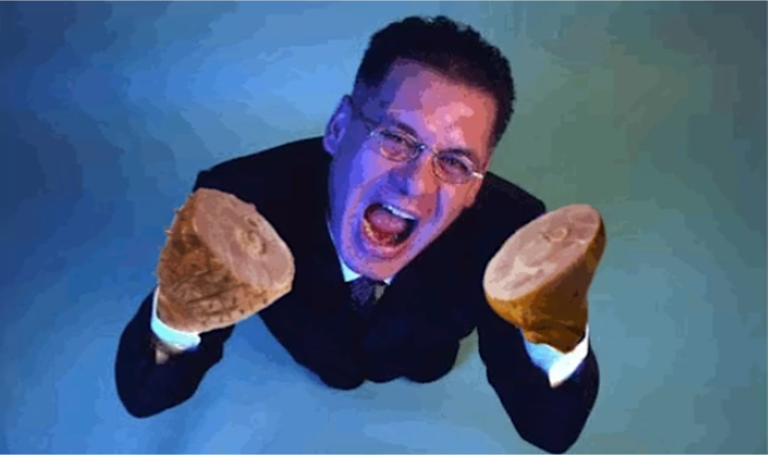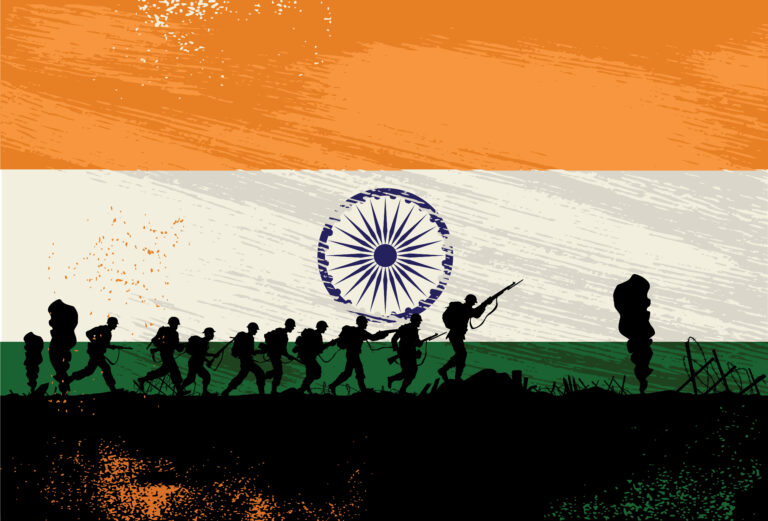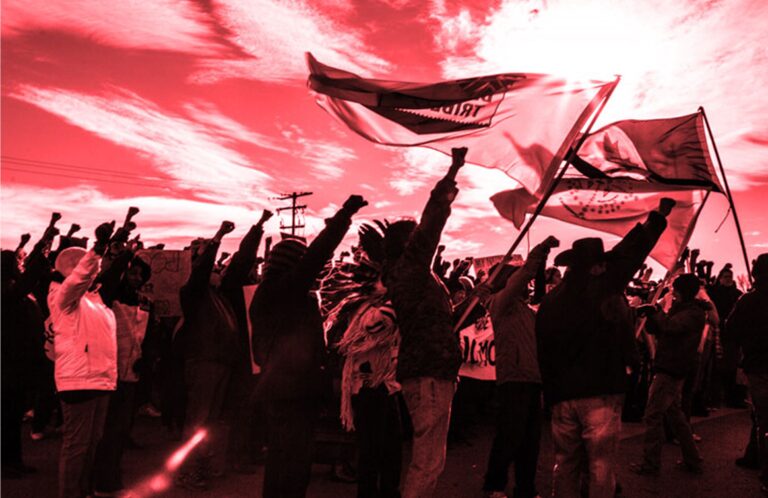“Since the days of the Great Charter, never has it been possible on British soil to rob a man of his liberty, his property or his honour.”
— Sir Wilfrid Laurier
As Canada approaches its sesquicentennial in 2017, it bears remembering that a chief cornerstone of its freedoms, prosperity, and stability stretches back 800 years to a seemingly parochial document whose enduring impact is both timeless and extraordinary. Magna Carta or the Great Charter is at the heart of Great Britain’s bequest to the world, and Canada, along with the United States and much of its Commonwealth cousins, is an inheritor to its legacy. It entrenched the principle that even the rule of kings was to be constrained by the consent of the governed. Even during ensuing eras when it fell into neglect, it remained the touchstone for all aspiring democracies, and is the font of every constitutional government undergirded by the rule of law, including Canada’s own Charter of Rights and Freedoms.
Magna Carta – Why It Matters
Aside from history buffs, why should the average Canadian care about Magna Carta? What are its implications for how we govern ourselves and on the role of parliamentarians and the judiciary? Daniel Hannan, a British member of the European Parliament, makes the following observation in his book Inventing Freedom:
We are still experiencing the aftereffects of an astonishing event. The inhabitants of a damp island at the western tip of the Eurasian landmass stumbled upon the idea that the government ought to be subject to the law, not the other way around.
Magna Carta’s story is not one of cunning machinations or resolute revolutionary engineering, but one which emerged through the vagaries of provincial concerns and whose fate could have very easily been otherwise. Across millennia as empires have ascended and collapsed, transitions marked by tumult have been the norm. The temptation to decimate the past and start anew, the constant. What Magna Carta in essence made politically feasible, in a unique feature that is easy to take for granted within our context today, is the idea of gradual reform cocooned within the dependability of an accountable government, rather than wholesale change at every whim by overweening tyrannical forces.
Humble Origins
The basic story is fairly familiar: a group of disgruntled English barons and King John I signed a document at Runnymede that in essence constrained the power of the ruler to be subject to the rule of law. W.L. Warren, a notable English historian, argued against the idea of a cornered King John I conceding power against his wishes. Instead, what is more probable it that it was “an attempt to find a formula for peace between the king and those of his subjects who had taken up arms against him made by those who wished to avert a civil war.” Nevertheless, the mood was not amenable to demands to attenuate authority.
It is easy for us today to think of Magna Carta and its modern variants as a revolution. But appealing to semantic propriety, we see that Magna Carta – certainly in the eyes of its early proponents – was rooted in ancient prerogatives finally inscribed, and thus, naturally, an evolution than a radical break with political culture. Even more remarkable is the fact that it secured rights not just for the elites, but for “all the freemen of [the] realm for ourselves and our heirs for ever (in perpetuum).” It was the ambiguity and the mouldable nature of the terms “freemen” and “in perpetuum” that would later allow for truly bold interpretations. The wordings of Magna Carta left the king or the authority-in-charge on the hook for any breach therein, and potentially open to complaints from any and all subjects of the land.
Of Gods and Men
Strangely enough, this rather bold evolution was rooted in religion. The majority of the people of this period were acculturated with the belief that there lay a transcendental authority for whom lords, kings, and even the pope were merely representatives. This meant that the buck did not finally end with the human envoy, and that this royal authority was derived from something beyond itself. However, it is a truth universally acknowledged that those in power do not take kindly to being overruled.
At the time of Magna Carta’s writing, Pope Innocent III, arguably one of the greatest politicians to ever sit on the throne of St. Peter, was busily snuffing out the Albigensian heretics, and convened the Fourth Lateran Council, which among other matters of ecclesial concern, called for a four-year truce within warring Christian states so that further crusades could be launched against the implacable Muslim foes in the Holy Land, who had successfully extirpated their brethren in former Christian communities. A papal bull was released which absolved King John I from being bound to his agreements at Runnymede, excommunicated the misbehaving barons, suspended Archbishop Langton, and declared Magna Carta to be “null and void of all validity for ever.”
You Say You Want A Revolution
Geoffrey Hindley, the distinguished historian of medieval Europe, notes that the earliest copies were “written in a clear [Latin] script, without a break from start to finish.” Lacking anything like the political zest of the prose in say The Communist Manifesto or the American Declaration of Independence, the uninitiated reader may find its sectarian fixations on reforming feudal laws rather dull. It does not wax grandiloquent on the virtue of liberty, but rather its vigour rested, according to Hindley, on “self-interest, intelligently if obsessively pursued in the context of the law as it was applied in their own day and in their own affairs.”
The struggle to uphold the supremacy of law would continue unabated in England for the rest of the thirteenth century and beyond. The Great Charter, dimly recalled in the ensuing generations, would experience a revival in (post-Reformation) sixteenth century England with Sir Edward Coke’s Petition of Rights in 1628, which appealed to the original document. Coke’s commentary on Magna Carta carried great weight in the new fledgling colonies across the pond, notably in Rhode Island, Maryland, and the Commonwealth of Massachusetts. Given its American usurpation, it is easy to overlook how Magna Carta is implicitly a traditionalist document, a prescription for political stability that is closer in spirit to a constitutional monarchy than a republic. The Hon. Pierre Poilievre, in a recent speech marking Victoria Day, noted that since the Glorious Revolution of 1688 in England, France underwent some twelve major political revolutions and upheavals, while England had none.
A Political Pillar for Canada
It is interesting to note that in the recent history of our country, the check on the power of the Government has increasingly been attributed to the Supreme Court of Canada. The Court’s role as an impartial and independent institution forms a vital architecture for the type of democracy Magna Carta implicitly envisions. This means that the judiciary ought to respect and grant the space to elected representatives to deal with matters within their purview, and that both branches of the State should allow the deepest bonds of their fellow citizens, which are often voluntary, to have ample room without being crowded out by intrusions from legislators or judges.
Paraphrasing Edmund Burke’s key insight, Yuval Levin writes in The Great Debate that our “most essential human obligations and relations – especially those involving the family but also many of those involving community, the nation, and one’s religious faith – are not chosen and could never really be chosen, and political and social life begins from these, not from an act of will.” These social webs are relational, girded in fealty to other people or a singular individual rather than simply abstract ideals. As Brian Lee Crowley chronicled in his masterful book Fearful Symmetry, this robust spirit of voluntary effort and civic solidarity is etched across our many divides from the earliest part of our political founding.
Roger Scruton, the conservative philosopher par excellence, pithily wrote that the “work of destruction is quick, easy, and exhilarating; the work of creation is slow, laborious, and dull.” As Burke sought to distance British liberalism from what he saw as the excesses of the French Revolution, Levin underlines the fact that “the gradualism of the [unwritten] English constitution” was based on
The significance of the hereditary principle in the English system not only in sustaining the monarchy but in securing the people’s liberties and allegiances to the laws…[a] mixed regime…justified by the enormous success it has achieved in providing for a stable and successful national life while gradually evolving to meet the people’s changing needs.
This gradualism is not anti-democratic, but sought to mitigate the excesses of majoritarian rule, while limiting the authority of the monarch.
A Priceless Possession for all Freedom-loving Peoples
Ralph Ellison, the great African-American novelist, once said that one of the great acts of human dignity is being able to choose one’s philosophical ancestors, echoing the poetic sentiments of W.E.B. Dubois who moved “arm in arm” with fellow greats across the ages, irrespective of colour or creed. Having my roots in India, and my formative years in Brunei, both Commonwealth nations, I am reminded that the affirmation of liberty from Magna Carta is no jingoistic screed, but a gift for whoever chooses to embrace it across cultures. Judge Learned Hand famously stated that, “Liberty lies in the hearts of men and women; when it dies there, no constitution, no law, no court can save it.” This was brought home in recent comments that the sitting Indian Prime Minister, Narendra Modi, gave when asked by Time magazine if “he would like to have the kind of authoritarian power that China’s leader has”:
India is a democracy; it is in our DNA…So if you were to ask me whether you need a dictatorship to run India, no, you do not. Whether you need a powerful person who believes in concentrating power, no, you do not. If you were to ask me to choose between democratic values and wealth, power, prosperity and fame, I will very easily and without any doubt choose democratic values.
Not coincidentally, the type of “mass flourishing” of democratic values, as stirringly outlined by Nobel laureate Edmund Phelps, is dependent on the basic principles inscribed in Magna Carta. In an age where information overload and historical amnesia is particularly acute, Canadians would do well to remember the heritage of our freedoms so that we can better safeguard them, and become the ancestors worthy of veneration by generations yet to come.
~
Daniel Bezalel Richardsen is the founder and editor of Foment, the literary journal of the Ottawa International Writers Festival. He immigrated to Canada from Brunei Darussalam at 18. A past Press Secretary to the Minister of International Development, Daniel is currently completing his graduate studies in history.




